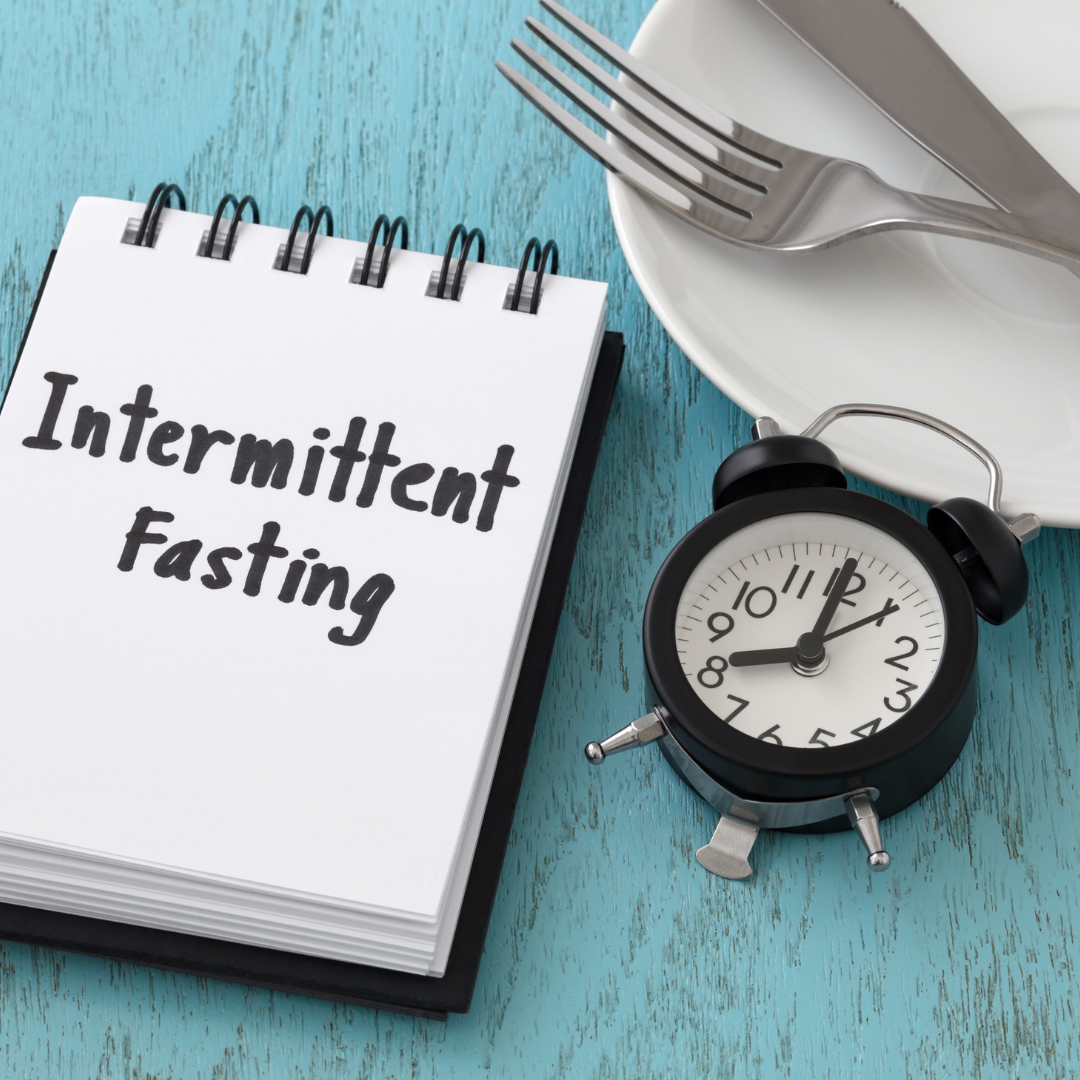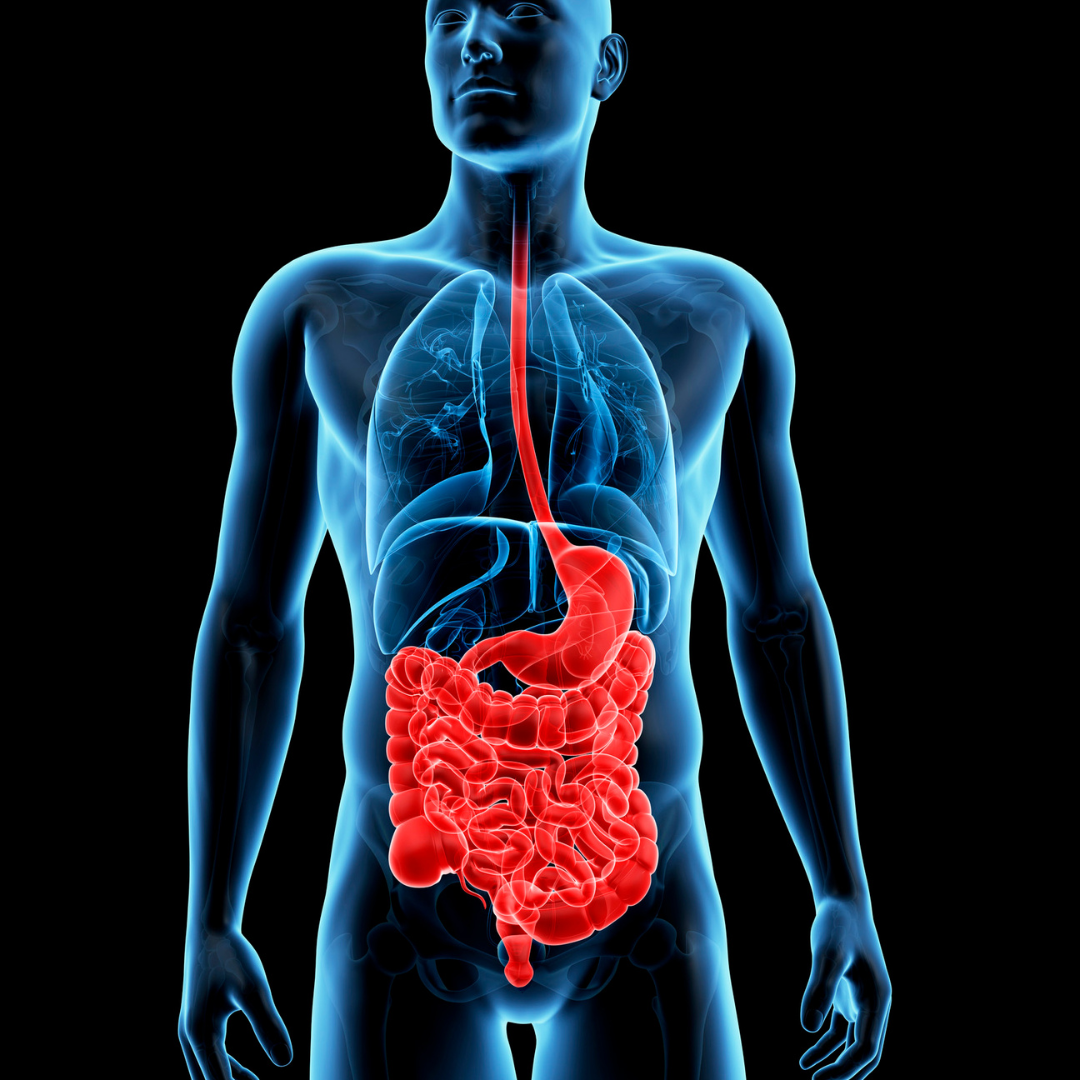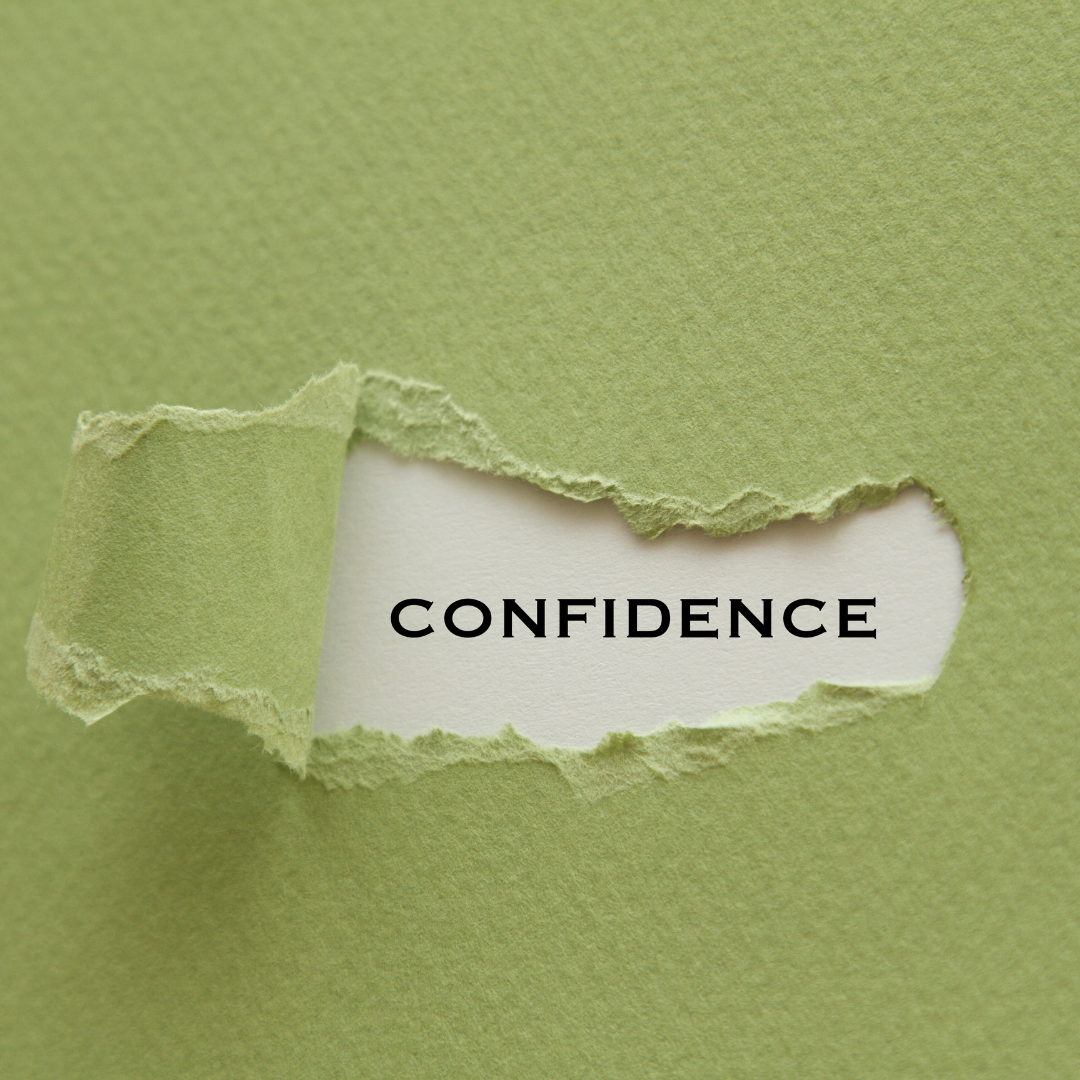TIPS TO HELP PREVENT HAIR LOSS
It’s a topic that can strike fear into the heart of many men. Hair loss.
Because, no man, of any age, wants to lose their hair.
Although it`s largely hereditary and due to genetics, hair loss can also be caused by medical conditions, hormonal changes, medications, radiation treatment and stress. But it can also occur as a result of a bad diet and a vitamin deficiency.
The good news is that in most cases, unexplained hair thinning and hair loss, is possible to treat. It all depends on the cause.
Firstly though, to help you optimize your hair health, it’s important to understand what exactly hair is made of. Here’s what you need to know, plus check out the tips below to help you maintain a healthy head of hair.
THE BUILDING BLOCKS OF HAIR = PROTEIN
Consuming protein is not only great for the muscles, but it also benefits your hair growth.
During the growth stage of hair, your hair follicle has an increased amount of collagen in the lining of the hair bulb.
Your hair strands are 90% composed of the protein keratin. Keratin consists of amino acids, the building blocks for hair, which give it strength, flexibility, and elasticity. Some of these amino acids can be found in collagen which contains 19 different amino acids.
Your digestive system breaks down the proteins you consume into amino acids that then get diverted into the liver to produce more protein in the form that your body requires. Whether it is the muscle tissue or keratin structures in your hair, your body needs to consume enough protein in order to break them into amino acids to create necessary building blocks.
Amino acids can be divided into two categories: essential and non-essential.
A “non-essential” amino acid is the one that your body can produce itself – from other amino acids you consume as food or supplements. In hair growth, cysteine is a non-essential amino acid, necessary for construction of hair. Cysteine is metabolised from methionine – which is an “essential” amino acid.
An “essential” amino acid is the one your body can’t naturally produce and needs. To manufacture cysteine, your body needs an external intake of methionine.
Nutrition is therefore key since essential amino acids are not directly produced by your body.
So, if you are not getting enough protein through your diet, you may experience excessive hair loss. You may also find that your hair will not grow past a certain length and is more prone to breakage.
In addition, lack of protein in your diet can lead to hair loss if your body de-prioritises hair health further, in favour of supporting more life-supporting functions in your body: such as muscular-skeletal and cardiovascular systems – rather than hair growth.
Furthermore, as we age and the keratin in our body reduces, hair often becomes thinner, weaker and sometimes more coarse.
If you do experience hair loss from lack of protein and/or ageing, try and implement a balanced diet supplemented with vitamins and amino acids. HIMMENSE SHIFT daily marine collagen drinks, for example, contain 19 different amino acids (including methionine).
TIPS TO PREVENT HAIR LOSS
40% of men experience noticeable hair loss by the age of 35 but there are some things you can do to try and keep it at bay.
CONSUME ENOUGH PROTEIN
Hair, like every cell, requires protein for life. If you do not consume enough protein, your body will ration the quantity available by cutting off the supply to the hair follicles. And as a result, your hair is likely to become dry and brittle and you may experience hair loss. Ensure an adequate amount of complete proteins in your diet, those that contain all essential amino acids. Given that amino acids are essential for stimulating and supporting hair follicles and keratin production, it makes sense to ensure that your diet includes a high-quality source of these proteins so as to potentially avoid hair loss and maintain a healthy head of hair.
TAKE A DAILY COLLAGEN SUPPLEMENT
When it comes to our hair, the specific protein responsible for maintaining its structure and quality is keratin. As we age and keratin reduces, hair often becomes thinner, weaker and sometimes more coarse. Marine collagen is an excellent source of amino acids and some of these amino acids are vital for the production of keratin, so a collagen supplement may be key to helping keep a healthy head of hair and preventing hair loss.
Furthermore, collagen is the primary component of the dermis, which is the connective tissue layer in our bodies that contains hair follicles. Collagen contributes to the elasticity and strength of our dermis. With age, our body becomes less efficient at naturally producing collagen and replenishing cells in the dermis, and this can be one of the reasons why our hair gets thinner over time.
HIMMENSE SHIFT daily marine collagen drinks contain 19 different amino acids (with 8 of the 9 essential amino acids including Methionine). Plus, it’s packed with clinically proven vitamins and minerals so you get tons of benefits straight away.

IMPLEMENT A BALANCED DIET
Consuming a diet lacking the right nutrients can lead to hair loss. On the other hand, eating a balanced diet with the right nutrients can help promote hair growth, especially if you’re experiencing hair loss due to poor nutrition.
Incorporate foods in your diet that promote hair growth such as eggs, spinach, fish, sweet potatoes, and avocados.
SUPPLEMENT WHEN NEEDED
When it comes to keeping your hair strong and healthy, protein alone, isn't enough. Certain vitamins and minerals are key to successfully metabolising the protein you consume into amino acids and keeping a healthy head of hair.
Nutrients vital for hear health include:
Iron
Zinc
Omega-3 fatty acids
Vitamin A
Vitamin B – including Biotin and B12
Vitamin C
Vitamin E
Iron deficiency, which causes anaemia, is a major cause of hair loss, whilst Vitamin C for example, is essential for helping the body absorb iron as well as produce collagen.
Your GP can give you a blood test to find out if you’re deficient in any key nutrients and help you determine what supplements you might need to take.
STAY HYDRATED
Keeping properly hydrated is also essential to overall good health. Every cell in your body, including your hair, relies on water to function properly. A reasonable goal is to drink 8 glasses of water per day, and allow the rest to come from your diet and other beverages.
You might also want to consider swapping your coffee for a cup of Green Tea. In a 2005 study in mice, the polyphenolic compounds present in green tea showed promise as a natural remedy for hair loss. But there haven’t been human studies to confirm these effects.
TRY A SCALP MASSAGE
Some studies have suggested that scalp massage has the potential to increase hair density by improving blood circulation to the scalp and hair follicles, as well as increasing the activity of genes known to promote hair growth. An additional benefit is that massage helps to lower stress levels, another factor relating to hair loss.
CHANGE YOUR HAIR PRODUCTS
There is some evidence that many gels and other styling products may contribute to hair loss, as the chemicals within these products stay on the scalp and become trapped in the follicles, preventing the hair from coming to the surface. Avoid excessive use of hair gels and try more natural styling products, which contain fewer chemicals.
Switch to anti-DHT shampoos. DHT causes the hair follicles to shrink and eventually fall out. Search for products containing 1-2% ketoconazole, a drug that blocks the conversion of testosterone to DHT.
BE KIND TO YOUR SCALP AND HAIR
Let your hair air dry to avoid irritating your scalp (or upgrade to a Dyson Supersonic hairdryer). Try not to use heat stylers, like straightening irons, which may also damage or break the hair shaft.
Avoid chemical treatments, like hair colour that contains ammonia, peroxide, or para-phenylenediamine (PPD), which can also damage hair and scalp.
USE A LASER COMB
A 2014 study of 103 men with pattern hair loss found a significant increase in hair density after 26 weeks of applying a laser comb across the scalp three times a week. The exact way the combs work isn’t fully understood, but it has been suggested that low-power lasers have an antioxidant effect on hair follicles.
QUIT SMOKING
If you’re a smoker, you’ve probably heard about all the negative effects smoking has on your lungs. But did you know that smoking may be associated with hair loss?
A 2020 study of 1,000 men found that the majority of those who smoked had some amount of hair loss, compared with less than half of the participants who did not smoke.
If you smoke, quitting may help decrease hair loss.
CONSULT A DOCTOR
Talk with your doctor. They can help you figure out the cause of your hair loss and what the best treatment option would be.
As well as a poor diet and deficiencies, medical conditions such as diabetes, anaemia and thyroid conditions can result in hair loss. Certain medications you might be taking can also lead to hair loss, including anti-depressants and blood thinners. So, it’s important to understand what could be causing your hair loss.
You can also use this opportunity to discuss with your GP, a number of clinically approved drugs that have been shown to help with preventing further hair loss such as Minoxidil and Finasteride. Both treatments may result in some hair regrowth as well, but they include the risk of side-effects. For example, Finasteride has been found to lead to erectile dysfunction and decreased libido in approximately 1 in 31 men, while minoxidil can result in skin irritation and allergic reactions.
Advice is for information only and should not replace medical care. Consult a doctor or healthcare professional if you have any questions or are taking any other medications before you try any remedies or supplements.
Published 27 April 2022
Read more Men's Health & Lifestyle blogs from HIMMENSE here.





